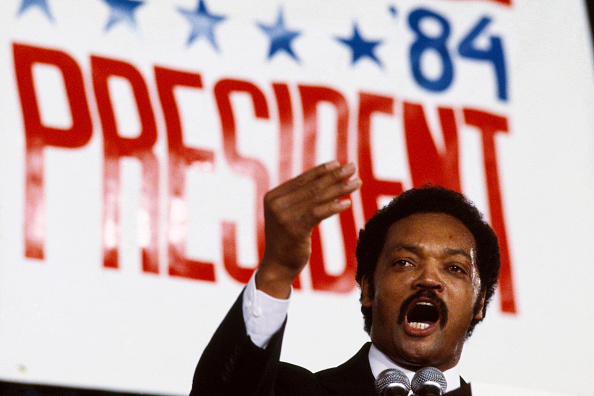Why Threshold is Reclaiming Negative Feedback
“In sports – and in the work place – the toughest truths unlock the biggest gains.”
In recent years, gymnast Simone Biles has become a symbol not just for athletic excellence but for grounded self-awareness. At the peak of her career, she openly credited one of her greatest breakthroughs not to praise – but to being called out.
At the 2020 Tokyo Olympics, Biles withdrew mid-competition due to what she called “the twisties,” a dangerous loss of spatial awareness. Her coach’s blunt feedback – laced with both concern and critique – allowed her to step back, regroup, and return stronger at world championships. This real-time course correction mirrored what psychology research calls the negativity bias: our brain is wired to focus more on negative than positive input – and at the elite level, that can be a competitive advantage.
Cognitive dissonance
Emerging neuroscience reinforces this. A 2024 study found that negative feedback – especially when confidence is low – is more effective at spinning new learning pathways than praise alone. In essence, it creates the cognitive dissonance that fuels mastery.
Biles’s story and the neuroscience together confirm a critical insight: at the top of the performance curve, it isn’t complacent or boilerplate encouragement that moves the needle – it’s pointed, corrective feedback and precise reality checks that spur growth.
Targeted negative feedback drives growth
At the top of the performance curve, marginal gains rarely come from praise alone. Elite performers – whether in law, business, sport, or the arts – have already mastered the fundamentals. What they need is not reassurance but insight into blind spots: the gaps between current performance and true potential. Performance psychology research shows that positive feedback maintains confidence, but targeted negative feedback drives adaptation and growth (Kluger & DeNisi, Psychological Bulletin, 1996).
Cognitive dissonance motivates change
A coach’s role is rarely to say “good job” but to analyse flaws in micro-movements and call them out – sometimes bluntly. In the same way, senior lawyers or managers at the peak of their careers won’t sharpen their edge unless they hear, with precision, where they are falling short. Negative feedback generates the discomfort that disrupts habit and forces new neural pathways.
Of course, delivery matters. Feedback that is harsh or personal shuts people down. But constructive, specific critique – anchored in observable behaviour – creates the cognitive dissonance that motivates change. It is the friction that polishes skill.
In fact, studies of expert violinists at the Berlin Conservatory found that those who reached the world-class level spent more time practising exactly what they were bad at, guided by relentless feedback (Ericsson, The Cambridge Handbook of Expertise, 2006). The lesson is clear: at the high end, excellence is less about celebrating strengths and more about illuminating weaknesses. True progress comes not from comfort, but from correction.
Negative feedback drives performance gains
But here’s the thing: Negative feedback drives performance gains – but only when it rests on a foundation of absolute trust. Athletes accept brutally honest correction from their coaches not because the words are easy to hear, but because the relationship is rock-solid. They know two things: their coach understands what they’re talking about, and their coach has their best interests at heart. That combination – expertise and care – creates consent, and with it, the performer is willing to stretch, fail, and ultimately improve.
It’s the same in the workplace. Line managers cannot shortcut their way to this level of trust with tricks like the “feedback sandwich” or sugary phrases like “it would be even better if.” People see through that in seconds. At Threshold, we train managers to put in the real groundwork: committing time and attention, being honest and present, and listening to understand. Rapport comes from showing you care, not from rehearsed formulas. When that trust is established, line managers never need to fear being fiercely honest. In fact, it’s precisely that honesty – delivered from a place of respect – that unlocks the discretionary effort and higher performance that organisations are striving for.
 To find out how we can help leaders in your organisation to be more impactful, influential and persuasive visit www.threshold.co.uk
To find out how we can help leaders in your organisation to be more impactful, influential and persuasive visit www.threshold.co.uk





